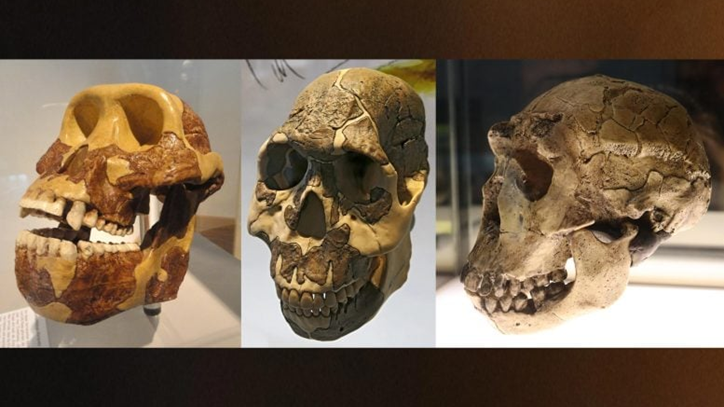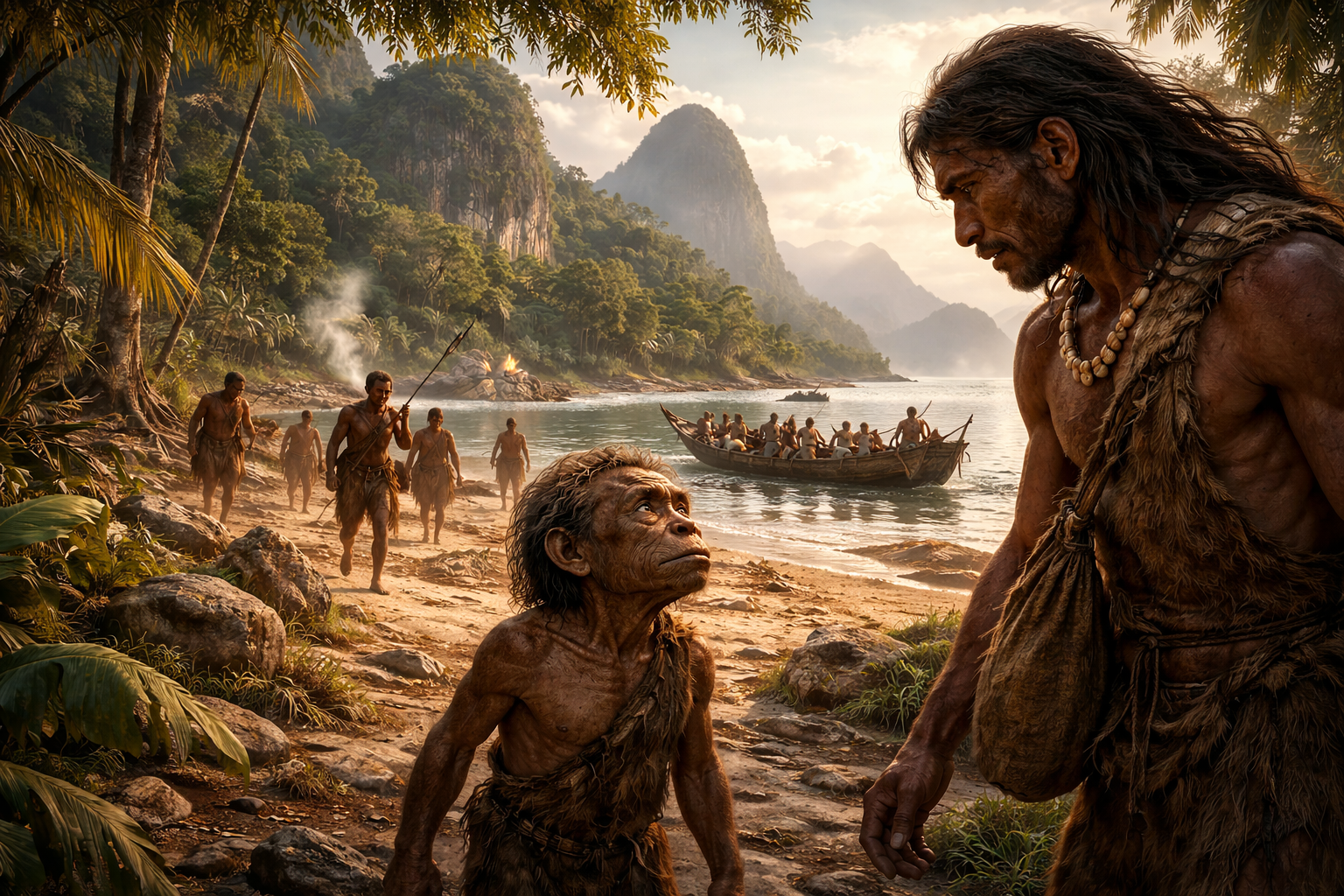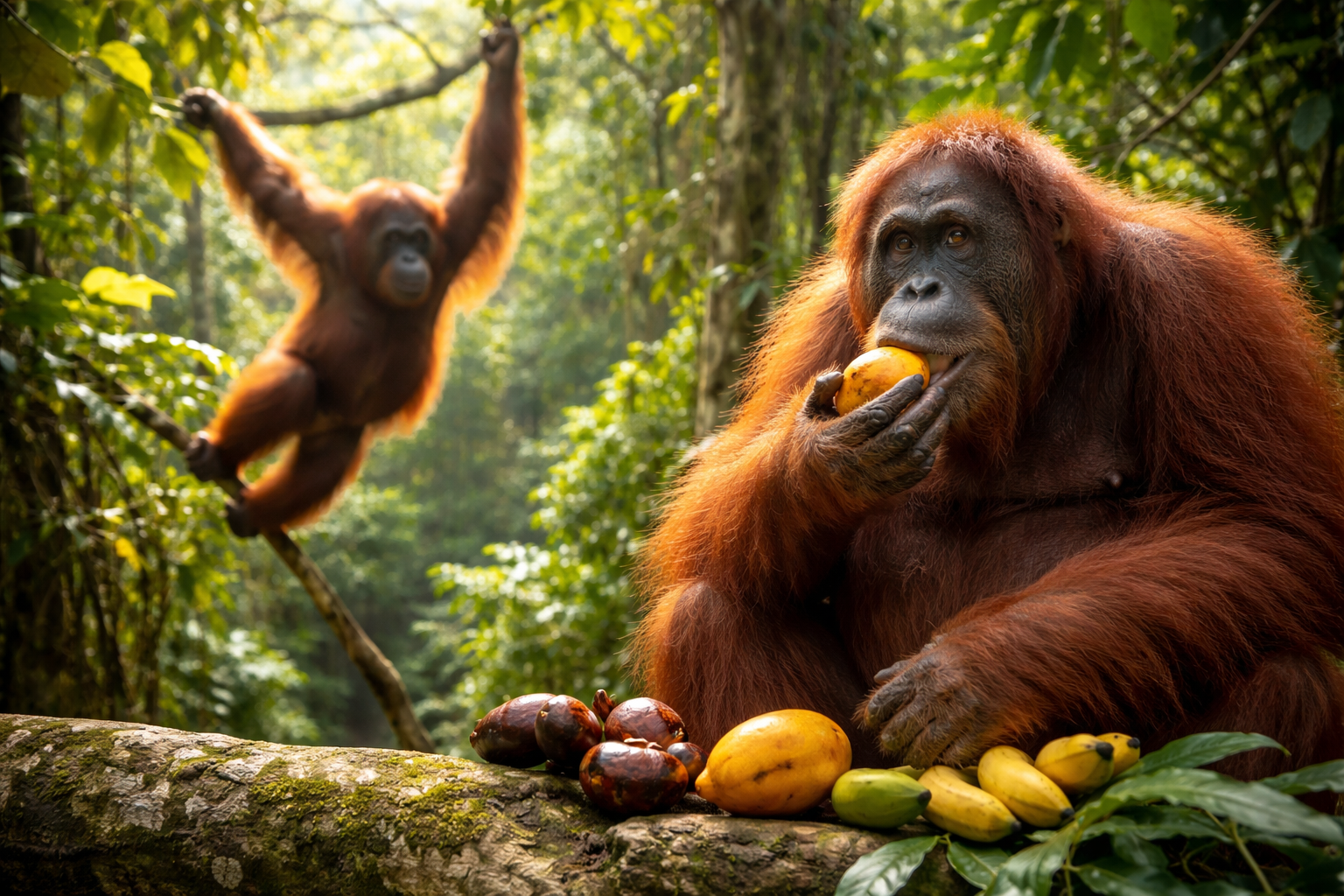The Diet That Shaped Human Evolution
Based on Luke D. Fannin et al., Science, 31 July 2025
Human evolution is written most clearly in our teeth. Fannin and his team show how shifts in diet forced our molars to reinvent themselves over almost four million years.
The First Big Change: Grass and Underground Foods (3.8 million years ago)
Australopithecus afarensis was one of the first hominins to rely heavily on graminoids—tough grasses and their underground storage organs (tubers, bulbs, corms).
These foods were energy-rich but extremely hard to chew.
Diet Outpaced Teeth (2.3 million years ago)
By the time of Homo rudolfensis, early humans were eating carbohydrate-rich underground plants regularly.
But their teeth had not yet evolved to handle this new menu. The diet was advancing faster than evolution could redesign the molars.
A Turning Point With Early Humans (2 million years ago)
With Homo ergaster, molars suddenly change—
-
smaller,
-
longer,
-
better shaped for grinding softened plant foods.
This change lines up with the increasing ability to process and cook plant tissues. Softer, cooked food meant better digestion and more energy, which eventually supported larger brains and longer survival.
What This Study Shows
The sequence is simple:
-
Afarensis → shift toward grasses
-
Rudolfensis → heavy use of underground carbs
-
Ergaster → teeth finally adapt as food processing improves
Diet drove dental evolution, and dental evolution opened the door to later human traits.
conclusion
Early humans didn’t just adapt to food—food reshaped the humans.
Relevance to UPSC Anthropology
You can directly plug this study into the following parts of the syllabus and PYQs:
1.4 – Human Evolution and Emergence of Man
-
“Critically discuss the synergistic effect of biological and cultural factors in human evolution.” (15M/2024)
-
“What is the hominization process? Discuss the major trends in human evolution with the help of suitable examples and illustrations.” (20M/2023)
-
“Explain the biological changes that made human beings capable of making cultures.” (20M/2018)






